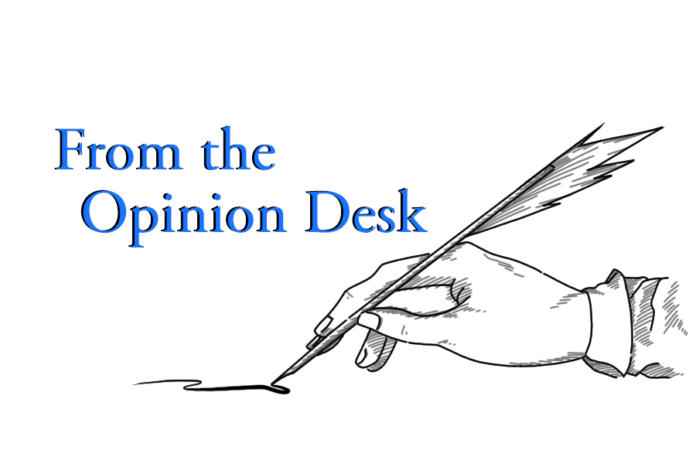A discussion about the place of dreams in society
By ALEX MOTAWI — almotawi@ucdavis.edu
In a sense, dreams are mystical things — even though almost everyone has them, very few people understand them. While this may drive away some, their dynamic nature enthralls others. In some social circles, sharing them feels taboo, while in others, sharing them is celebrated. Some people view dreams as divine, while others see them as silly nightmares. For something that pervades so many of our lives, dreams are scarcely mentioned, and I’d like to change that.
Dreams are different for everyone, and though some people’s are more pleasant than others, they affect all of us. A lucky (or unlucky) 20% of people experience lucid dreams, in which one can act of their own volition and influence the happenings in their dreams, while 7.6% of people experience paralysis even after waking up. The wide range of experiences we dream up in our sleep can offer different viewpoints and share knowledge we would otherwise lack.
As you read on, please keep in mind that I am sharing my personal views and that you may feel differently; it is important to recognize these differences and come into conversations about personal topics like these with empathy at the forefront and an understanding that boundaries set by others need to be accepted in order to have constructive conversations.
Part of what makes dreams so interesting is that they are always full of familiar faces. Our brain constructs characters from people we’ve seen before — the awkwardness comes from the fact that you may see the person again. We know that the way someone is portrayed in our dreams is entirely unrelated to their actions in real life, but it can still be hard to divorce the two versions of the person. It also begs the question of whether to share with someone a dream you had that included “them” in it? I think it comes down to whether sharing it will be constructive or destructive. If it’s a silly thing that makes them laugh or a positive association, go ahead and tell them to make their day better; if it’s something negative, maybe keep it to yourself, or even better, forget about it entirely, as it doesn’t represent them as a person anyway.
Some dreams, whether or not they include people I recognize, really do affect me personally and change my outlook on life and society. There’s nothing like getting a new perspective on a situation through a random dream — I think that the true value of dreams comes from moments like these. I recommend that you write these dreams down and try to remember them; they could make you a better person. And if they do so, maybe they are worth sharing with others, even if they are personal. If you experience something profound, why not share what you’ve learned with the people in your life?
I believe that dreams are an untapped source of wisdom and learning lying latent in everybody, and it would be amazing if we could make an effort to tap into that power and use it to improve our world. Dreams are very personal, but that’s the great thing about them. That means they have the ability to affect someone and give them a new perspective. If you are comfortable with sharing your dreams, give it a shot. As a society, we are learning new things every day. Make a contribution and get in on the fun.
Written by: Alex Motawi — almotawi@ucdavis.edu
Disclaimer: The views and opinions expressed by individual columnists belong to the columnists alone and do not necessarily indicate the views and opinions held by The California Aggie.





